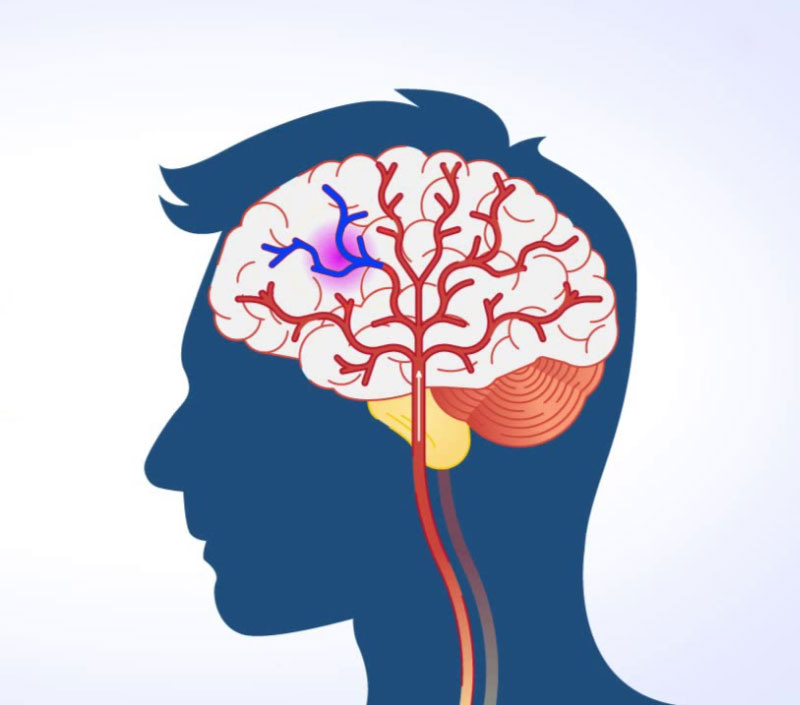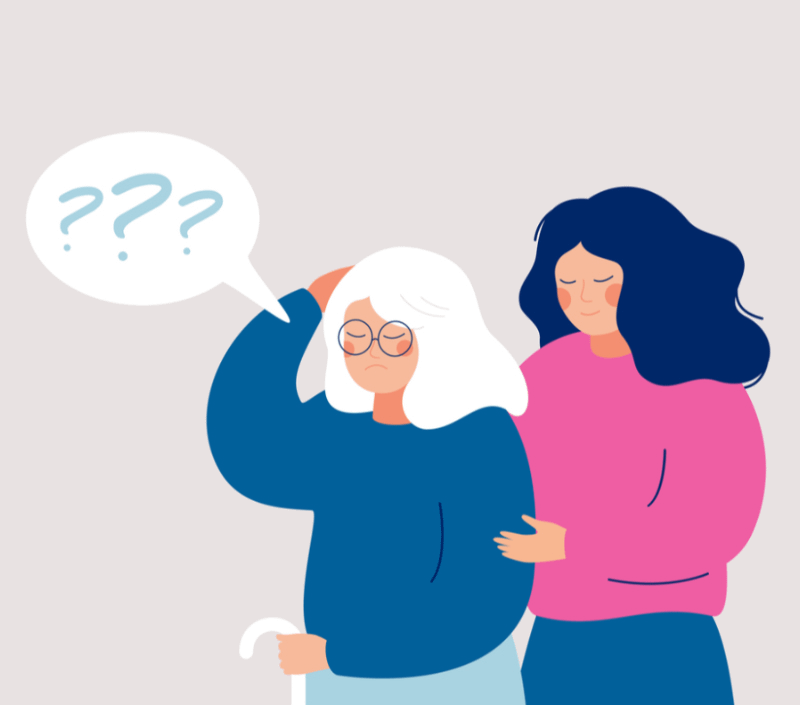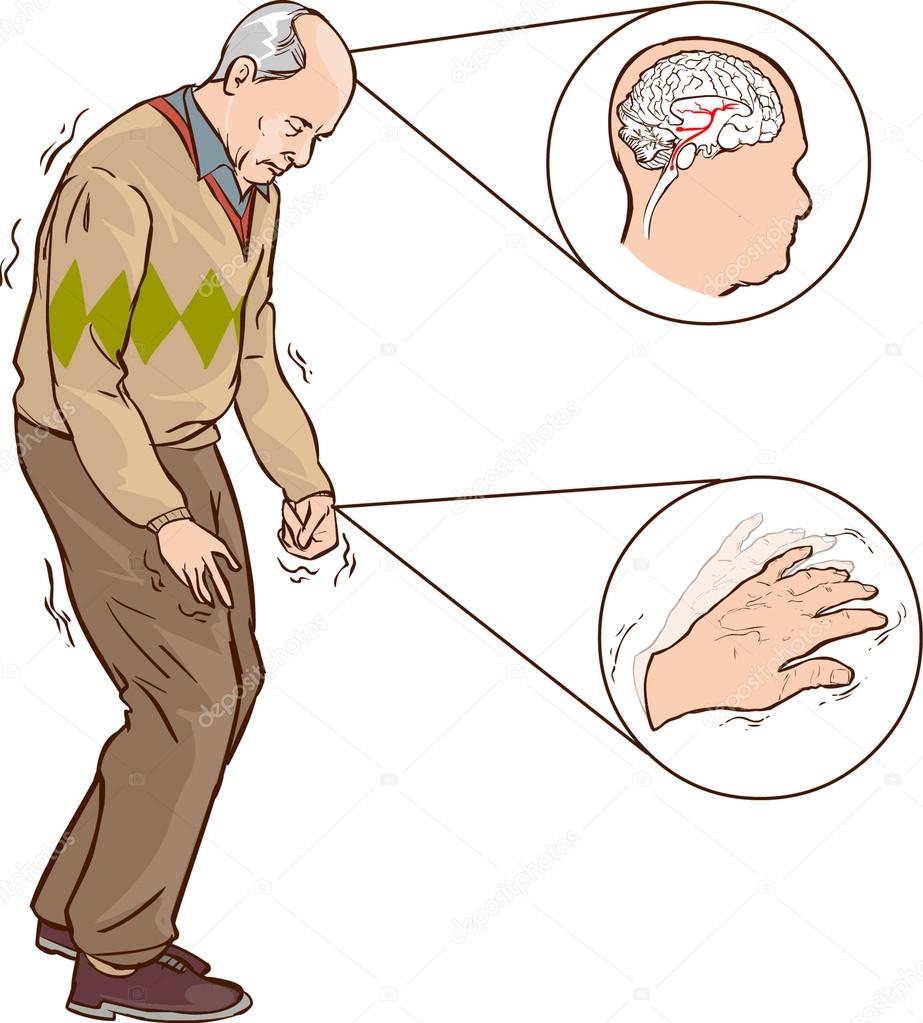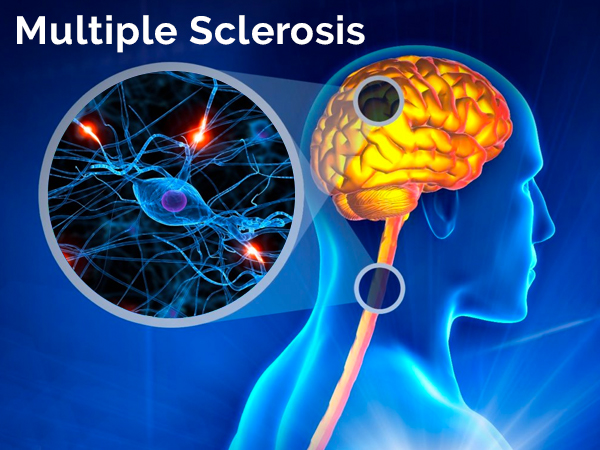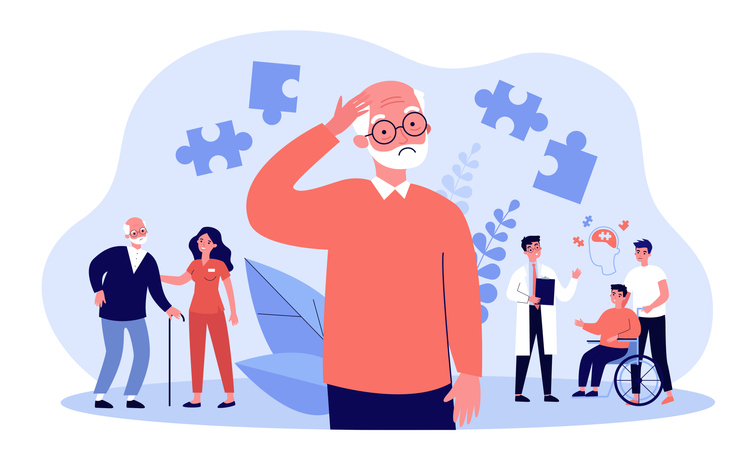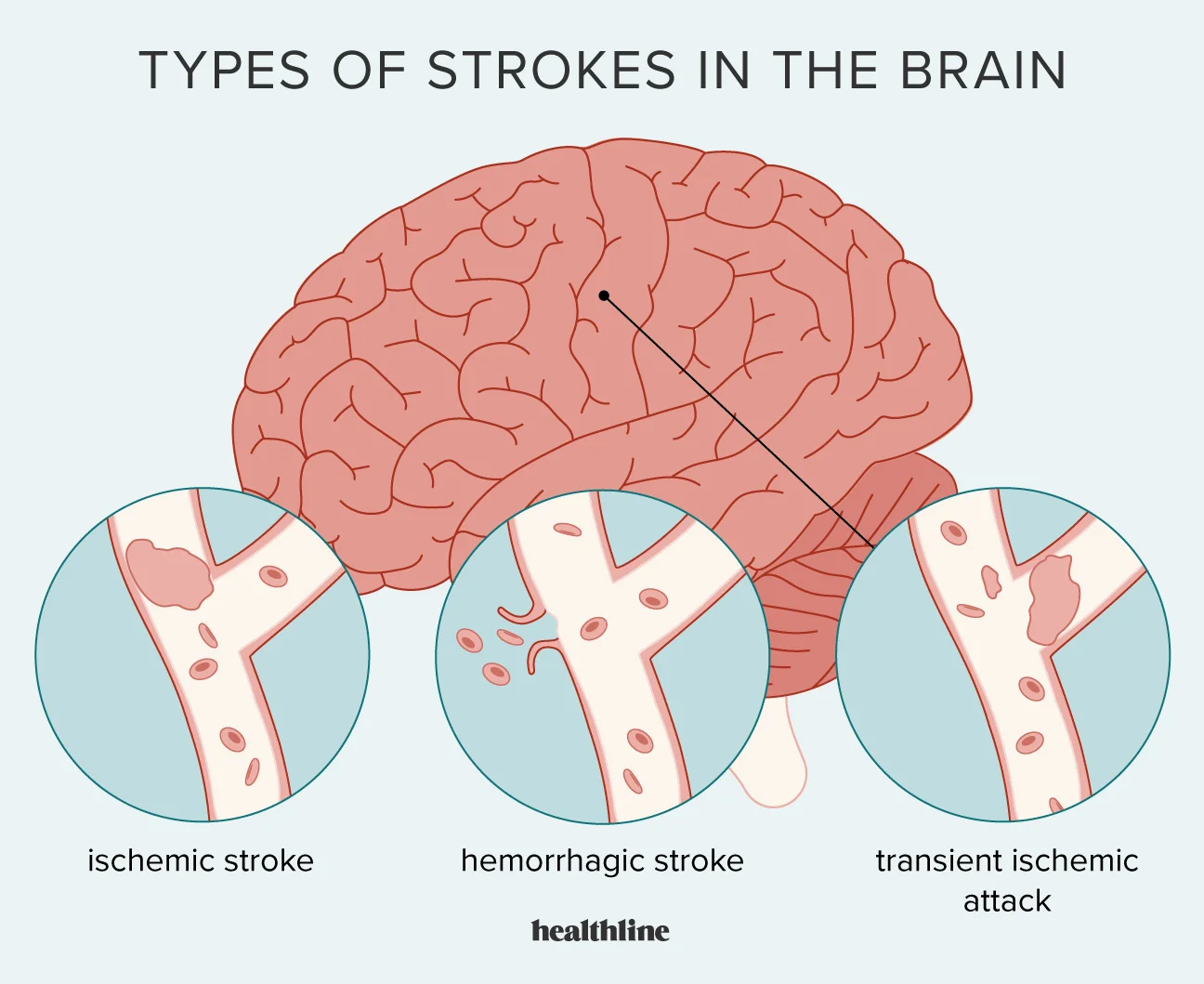Can strokes be more severe in certain parts of the brain?
Yes, the severity of a stroke can be influenced by the specific location of the affected area in the brain. Different regions of the brain control various functions, and damage to certain areas may result in more severe consequences. Here are some examples of how strokes can be more severe in certain parts of the […]
